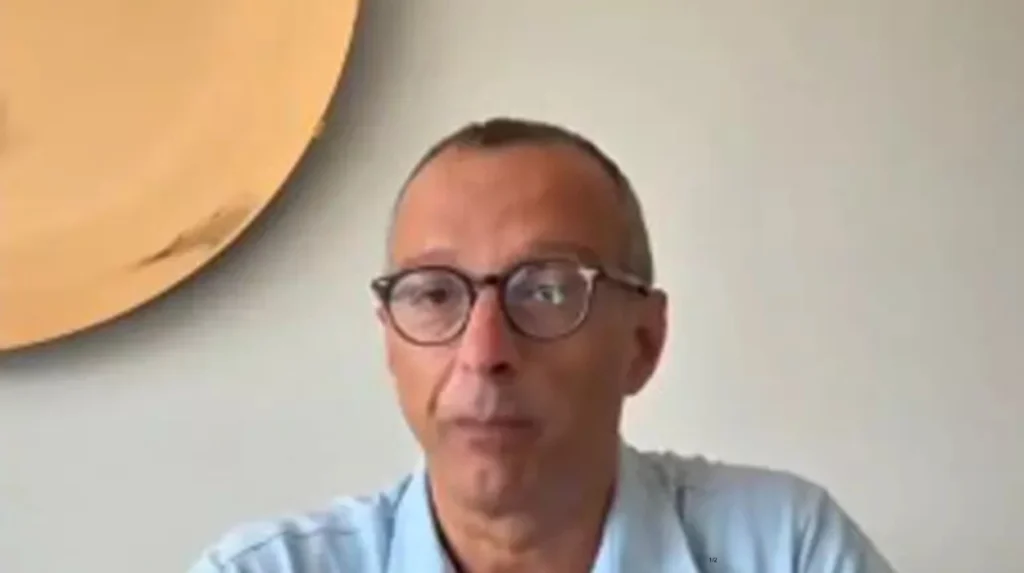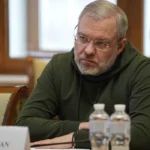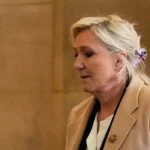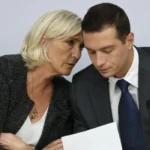A major corruption probe in Italy has placed prominent Democratic Party (PD) Member of the European Parliament (MEP) Matteo Ricci at the center of controversy, as authorities investigate the awarding of municipal contracts in the city of Pesaro. Ricci, a candidate for the presidency of the Marche region and Pesaro’s former mayor, is among 24 individuals currently under investigation in a sweeping inquiry that has sent ripples through both local and national politics.
The Heart of the Inquiry
The probe, known in Italian media as the “Affidopoli” case, focuses on how contracts for public murals, installations, and city events were awarded during Ricci’s tenure as mayor, which lasted until June 2024. Prosecutors are scrutinizing possible irregularities or favoritism in the assignment of these contracts—especially regarding associations that may have had links to individuals close to the administration.
Authorities have stressed that the investigation is in its early stages and no formal charges have been filed. However, the issuance of formal notices to Ricci and 23 others has cast a long shadow over the city’s administration and has heightened scrutiny of how public funds and positions may have been used to gain political advantage or favor.
Ricci’s Public Response
Matteo Ricci addressed the unfolding situation in a video message, holding the official document he received regarding the investigation. He described feeling both surprised and embittered by the development, repeating his confidence in judicial proceedings.
“I am surprised because in my entire life, in 15 years of administration, I have never dealt with public foster care or public works. I have always trusted my managers and my colleagues blindly, as I did in this case,”
Ricci said, expressing his faith in the officials and processes he oversaw as mayor.
He also asserted that the contracts under question pertained to work that had been completed and events that were widely deemed successful. Ricci emphasized that throughout his years in public service, he had never received any complaints or reports suggesting irregularities in the work’s execution.
Ricci further contested the basis of the allegations:
“It’s quite curious, because I’m told that I didn’t gain any financial benefit, obviously, but that I gained a benefit in terms of political support, i.e. that these murals and these parties would have increased my political support. And they are saying something that I absolutely deny, that I knew these associations, when in fact I have never had any direct dealings with them,”
the MEP stated in his response.
He repeated his request for clarity, calling upon judicial authorities to expedite their inquiries while underscoring his own sense of calm and innocence. Ricci concluded his video with a vow to remain transparent and cooperative, even as he voiced frustration with the timing of the investigation, which coincided with regional election campaigns:
“I am very bitter and very angry because, as you can understand, this comes the day after the election was called. After a year of investigations, it is clear that there is also a lot of bitterness and a lot of anger. However, as always, I have confidence in the work of the judiciary. I am convinced that we will immediately refute these accusations because we are completely uninvolved in the events,”
Ricci affirmed.
Scope of the Investigation
According to sources familiar with the inquiry, the number of individuals facing investigation now stands at 24. These include city officials, staff members, and others who were involved in the oversight or execution of contracts in question. The contracts at the center of the probe pertain to high-profile city projects ranging from public art installations to key events such as the celebration featuring Valentino Rossi’s helmet, a major draw for local tourism and civic pride.
While previous corruption cases relating to EU funds in Italy have often uncovered elaborate financial kickback schemes, in this case, investigators are focusing not just on monetary gain but also on the potential for political advancement through the allocation of municipal resources. The allegations suggest that favorable treatment in the awarding of contracts may have translated into political goodwill for Ricci and his allies—a charge that the former mayor categorically denies.
Wider Ramifications in Local and Regional Politics
The investigation’s impact has been immediate for Ricci’s political career. As a candidate for the leadership of the Marche region and a figure closely associated with the PD at both regional and national levels, the allegations threaten to alter the trajectory of the campaign. Critics have been quick to leverage the probe as evidence of systemic issues within the Italian political establishment, while supporters stress the presumption of innocence and urge that the judicial process run its course fairly.
Ricci himself has articulated the complexity of leadership and the reliance on staff and colleagues:
“When a mayor governs, he has many collaborators, and if a collaborator makes a mistake, the mayor is the injured party because the trust he has placed in that collaborator has been betrayed. However, there is also a great deal of serenity because I am completely uninvolved in the facts, I have never been involved in them and I am convinced that this will soon be clarified,”
Ricci explained in his public statement.
Political watchers are also keeping an eye on the broader implications for the PD and its regional fortunes, especially considering the proximity of the investigation’s escalation to key electoral milestones.
Legal Context and Statements from Authorities
Judicial authorities in Pesaro have maintained standard protocol in their communications, reiterating the principle that all individuals are presumed innocent until proven guilty under Italian law. No preventive measures, detentions, or suspensions have been publicly announced as of the latest updates, and the investigation is being conducted with a degree of confidentiality typical for high-profile political corruption cases.
There is as yet no evidence of financial kickbacks or personal enrichment. Instead, much of the inquiry’s focus is on the notion of “non-patrimonial utility”, a concept that broadens the definition of official misconduct to encompass political or reputational perks gained from the exercise of public office, even in the absence of direct financial benefit.
The Road Ahead: Next Steps in the Investigation
Prosecutors have signaled that the investigation will continue with interviews, evidence gathering, and a systematic audit of the public procurement processes in Pesaro for the period in question. All of those notified—including Ricci—will have the opportunity to present evidence and respond to the allegations as part of the judicial process.
For his part, Ricci has pledged to cooperate fully:
“Everything must be faced with great serenity and by standing up for oneself, as I have always done in my life,”
said Ricci, closing his address with a call for calm and faith in the judicial system.
Observers expect more developments in the coming weeks, with both supporters and critics watching closely to see whether the allegations can be substantiated or if, as Ricci and his defenders insist, the accusations will ultimately be dismissed.
The Pesaro graft case has quickly assumed national prominence, not only because of the senior figures involved but also because it touches on larger questions of transparency, trust, and accountability in Italian public life. As the inquiry unfolds, Ricci’s insistence on his innocence and transparency stands as both his defense and a broader commentary on the challenges of modern political office. For now, both judicial authorities and the public await further details, with the promise of continued scrutiny on how the levers of local government are exercised.







